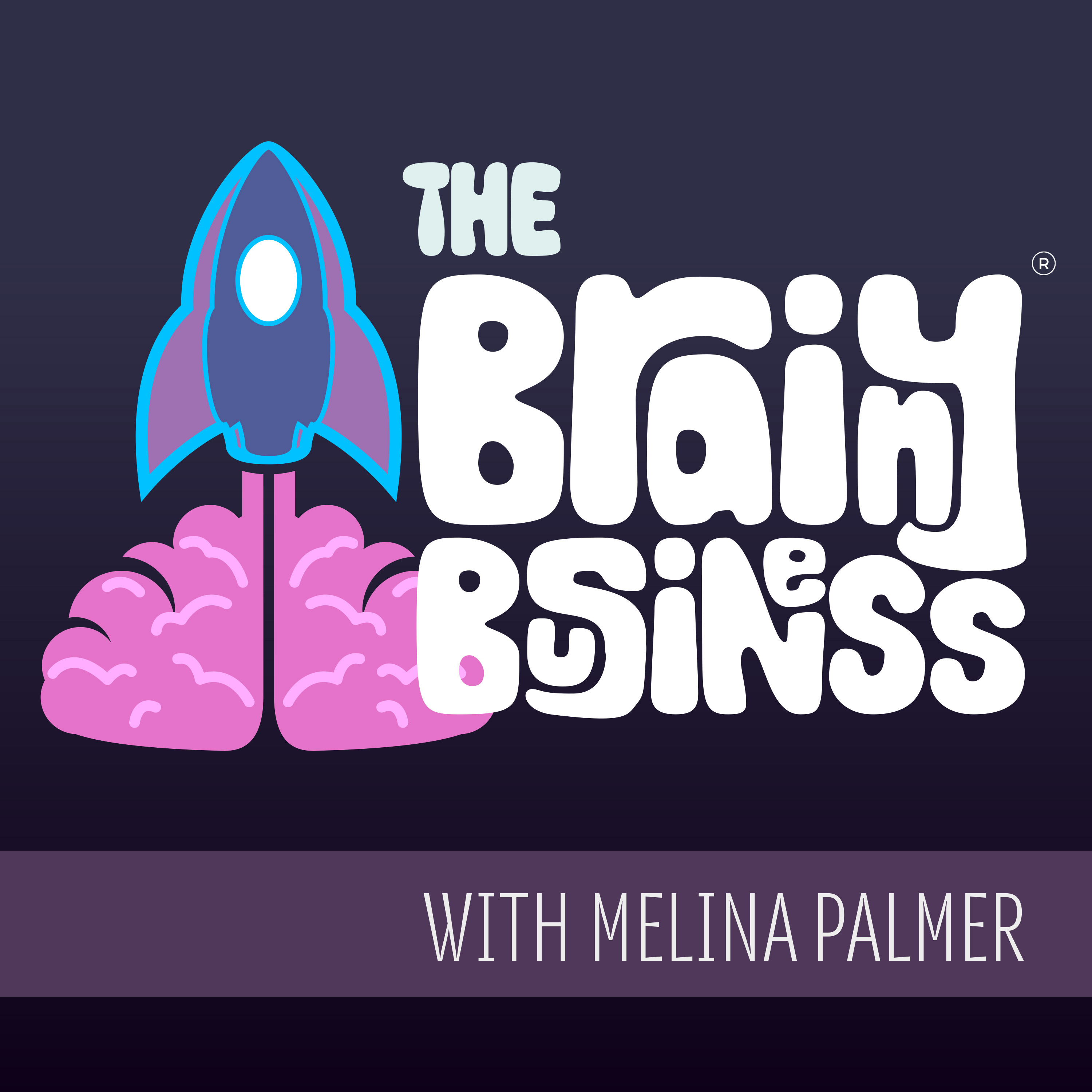- After-Shows
- Alternative
- Animals
- Animation
- Arts
- Astronomy
- Automotive
- Aviation
- Baseball
- Basketball
- Beauty
- Books
- Buddhism
- Business
- Careers
- Chemistry
- Christianity
- Climate
- Comedy
- Commentary
- Courses
- Crafts
- Cricket
- Cryptocurrency
- Culture
- Daily
- Design
- Documentary
- Drama
- Earth
- Education
- Entertainment
- Entrepreneurship
- Family
- Fantasy
- Fashion
- Fiction
- Film
- Fitness
- Food
- Football
- Games
- Garden
- Golf
- Government
- Health
- Hinduism
- History
- Hobbies
- Hockey
- Home
- How-To
- Improv
- Interviews
- Investing
- Islam
- Journals
- Judaism
- Kids
- Language
- Learning
- Leisure
- Life
- Management
- Manga
- Marketing
- Mathematics
- Medicine
- Mental
- Music
- Natural
- Nature
- News
- Non-Profit
- Nutrition
- Parenting
- Performing
- Personal
- Pets
- Philosophy
- Physics
- Places
- Politics
- Relationships
- Religion
- Reviews
- Role-Playing
- Rugby
- Running
- Science
- Self-Improvement
- Sexuality
- Soccer
- Social
- Society
- Spirituality
- Sports
- Stand-Up
- Stories
- Swimming
- TV
- Tabletop
- Technology
- Tennis
- Travel
- True Crime
- Episode-Games
- Visual
- Volleyball
- Weather
- Wilderness
- Wrestling
- Other
Uncover the Hidden Truths: The Power of Observation in Understanding Human Behavior - Christian Madsbjerg
In episode 325 of The Brainy Business podcast, host Melina Palmer interviews Christian Madsbjerg, author of the book Look and an expert in human observation. Madsbjerg discusses the importance of observation in understanding human behavior and helping organizations make better decisions. He emphasizes that many companies make big mistakes by not asking the right questions and relying too heavily on data abstractions and groupthink. According to Madsbjerg, companies need to constantly study the questions that are most meaningful in their industry in order to stay relevant and successful. Christian highlights the necessity of observing and describing social phenomena before forming opinions and challenges individuals and companies to question their assumptions. Madsbjerg introduces the concept of hyper-reflection, which involves analyzing how people pay attention, to gain deeper insights into human behavior. The conversation provides valuable insights into the power of observation and description in understanding the world around us and making more informed decisions. In this episode: Recognize the critical importance of keen observation in comprehending complex human behavior. Learn about the pitfalls and misleading aspects of treating the human brain like a digital interface. Delve into the influence and impact of societal constructs on human behavior. Harness the capacity of hyper-reflection to delve deeper into your own thoughts and perceptions. Appreciate the added value of integrating observational techniques into scientific enquiry. Show Notes: 00:00:00 - Introduction to Christian Madsbjerg and his Background Melina introduces Christian Madsbjerg, the author of the book Look, and discusses his background in utilizing observation techniques to help organizations better understand human behavior. 00:02:45 - The Importance of Asking the Right Questions Asking the right questions makes a huge difference for companies. They discuss the dangers of jumping into problem-solving mode without fully understanding the problem. Christian explains how companies that fail to constantly study meaningful questions often struggle to adapt and remain successful in their industries. 00:07:49 - The Class on Human Observation Christian shares his experience creating and teaching a class on human observation at the New School in Manhattan. The class focused on using observation techniques inspired by philosophy and anthropology to study social phenomena. He explains that the book is a reflection of that class, allowing more people to learn about observation. 00:11:50 - The Journey of Observation and Curiosity Christian discusses his natural inclination towards observation and curiosity. He reflects on how studying philosophy and different historical perspectives helped him develop a deeper understanding of the assumptions we make about the world. He emphasizes the importance of observing without preconceived opinions and describes observation as a technique for scrutinizing our own assumptions. 00:14:49 - Perception and Intuition Christian challenges the misconception that humans perceive the world as atomistic data. He explains that humans perceive things holistically, seeing things as part of a larger social context rather than as individual data points. He highlights the importance of understanding the relationship 00:18:17 - The Danger of Comparing Computers to Human Brains, Comparing computers to human brains can lead to a misunderstanding of what it means to be human. Humans are not just intellectual beings; much of our experience and understanding comes from our bodies and the spaces we inhabit. 00:19:55 - The Problem with Having Strong Opinions, Having strong opinio

